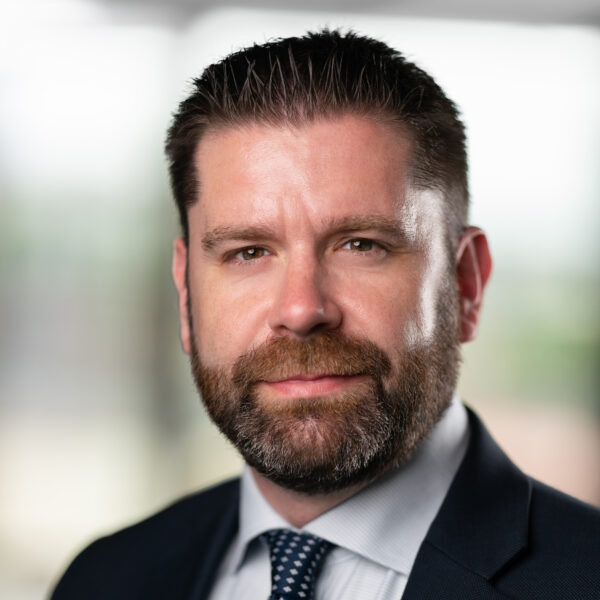LGBT+ History Month – “Being an ally – what does it mean?”

“Being an ally – what does it mean?” by James Hall
I consider myself to be an ally of all those in the LGBT+ communities, and proudly so. But what does being such an ally mean? Is it reasonable for me to claim such status? Do I have sufficient experience, do enough, or have the right attitudes to qualify? These may be questions that many people struggle with, if they do not consider themselves members of one or more LGBT+ communities but actively support the cause of and equal rights and treatment for those communities.
Of course, the very notion of being an ‘ally’ suggests that it is not, primarily, your fight: you are joining in the cause of another, though sometimes, such as in war, allies can be on a purely equal footing, with identical or at least aligned objectives. The Cambridge Dictionary definition is: “someone who helps and supports someone else”. Logically, therefore, anyone can be an ally as long as in some way they lend help and support.
For me, being an ally means committing to support friends, colleagues and initiatives to reduce (preferably eliminate, we can but hope) discrimination against LGBT+ people and to promote inclusivity and equal treatment. I try to do this overtly by participating in organised events (online only at the moment, naturally) and by undertaking the work I do as an Equality and Diversity Officer and a member of the Sex and Gender Equality Taskforce here in Chambers.
Of course, anyone can be seen at events or deal with regulatory issues. What really matters to me is the personal side. Being a good listener, such as an intersex friend of mine at university when she (for that is how she identifies) struggled with her situation. Supporting my wife’s childhood best friend and his husband at their wedding some years ago, not long after same-sex marriages finally became legal. Being ready to call someone out, even if they are your friend, colleague or client, if they display discriminatory views or actions.
It is also easy to be a complacent ‘ally’. I find it important to keep reminding myself that I always have more to learn (generally, not just about these issues!) and can always do better. For example, I was recently watching Star Trek Discovery on Netflix (though I generally prefer Wars to Trek), which in its third season has introduced a non-binary character (who happens to have transgender boyfriend; both actors (Blu del Barrio and Ian Alexander) are in fact also non-binary and transgender respectively, according to IMDb). I confess that I was, at first, a little thrown by the use of ‘they’ rather than ‘he’ or ‘she’, notwithstanding that I was well aware of the use of such pronouns. To be fair, the episode was making rather a big point about it, but the very fact that I was thrown made me wonder if I was unconsciously prejudiced or biased in some way. Anyway, it was a good learning experience.
No ally is perfect (no person is perfect). People can be allies in different ways. I look forward to the day when allies are no longer needed (I also look forward to the day when everyone can finally just be a ‘person’ without need for pigeonholing). For now, I think allies are needed, and I hope I qualify as one and provide some help and support to LGBT+ people.
Disclaimer
This content is provided free of charge for information purposes only. It does not constitute legal advice and should not be relied on as such. No responsibility for the accuracy and/or correctness of the information and commentary set out in the article, or for any consequences of relying on it, is assumed or accepted by any member of Chambers or by Chambers as a whole.
Contact
Please note that we do not give legal advice on individual cases which may relate to this content other than by way of formal instruction of a member of Gatehouse Chambers. However, if you have any other queries about this content please contact:


